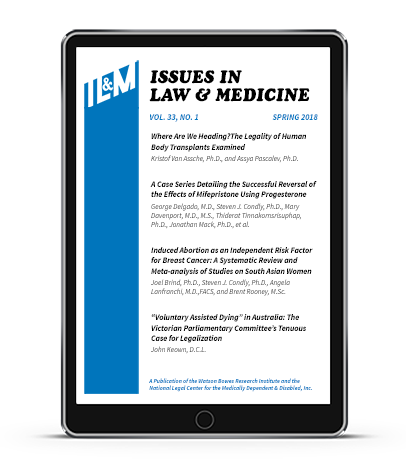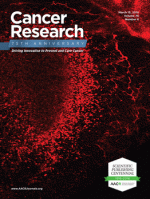 Before we present this week’s Weekend Reads, a question: Do you enjoy our weekly roundup? If so, we could really use your help. Would you consider a tax-deductible donation to support Weekend Reads, and our daily work? Thanks in advance.
Before we present this week’s Weekend Reads, a question: Do you enjoy our weekly roundup? If so, we could really use your help. Would you consider a tax-deductible donation to support Weekend Reads, and our daily work? Thanks in advance.
The week at Retraction Watch featured, unfortunately, a likely DDOS attack that kept our site dark for much of Tuesday and Wednesday. That means you may have missed this post, about the temporary withdrawal of a paper about a controversial “abortion reversal” method. But the week also featured the retraction of a paper about the Shroud of Turin, a researcher who lost a PhD despite the lack of any misconduct, and a new look at a study of whether spouses were more likely to cheat if their partners earned more than they did. Here’s what was happening elsewhere: Continue reading Weekend reads: “Chronic compulsive writing syndrome;” a new way to respond to rejection; rewards for a center that doesn’t yet exist

 A journal has temporarily removed a study by a researcher who has long championed a highly controversial “abortion reversal” method over concerns about its ethical approval.
A journal has temporarily removed a study by a researcher who has long championed a highly controversial “abortion reversal” method over concerns about its ethical approval.  Before we present this week’s Weekend Reads, a question: Do you enjoy our weekly roundup? If so, we could really use your help. Would you consider a
Before we present this week’s Weekend Reads, a question: Do you enjoy our weekly roundup? If so, we could really use your help. Would you consider a  How long should a retraction take?
How long should a retraction take? Dear Retraction Watch readers:
Dear Retraction Watch readers: In April 2015, two high-profile chemistry bloggers — and their commenters — raised questions about a paper that had been published in PLOS ONE some 18 months earlier. More than three years later, the journal has now retracted the paper, with a notice that echoes the 2015 blog posts.
In April 2015, two high-profile chemistry bloggers — and their commenters — raised questions about a paper that had been published in PLOS ONE some 18 months earlier. More than three years later, the journal has now retracted the paper, with a notice that echoes the 2015 blog posts. A group of editors of journals focused on the history of economics has gone public to urge Clarivate Analytics, which publishes a highly influential ranking of journals, to reconsider its decision to drop the titles from this year’s index.
A group of editors of journals focused on the history of economics has gone public to urge Clarivate Analytics, which publishes a highly influential ranking of journals, to reconsider its decision to drop the titles from this year’s index.